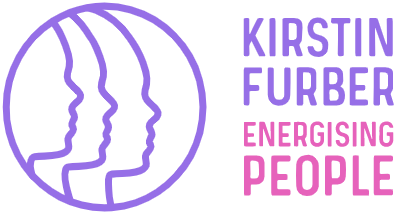The Story of Beating the Sunday Night Blues
We all know how important weekends are. They allow you to decompress, spend time doing something different and gain energy and perspective for the working week ahead.
I noticed that on many Sundays I was thinking about what the working week ahead was going to hold. This was taking my mind away from being present with family and friends, and I’d cut back on social things too. This feeling of apprehension started eating into my weekend and was not healthy for me or others. In fact I was suffering from The Sunday Night Blues!
More than two thirds of us in the UK suffer from feelings of anxiety and sleeplessness on a Sunday night (‘Every Mind Matters’)
Did you know that after 5pm on Sunday there is a spike in Google searches around sadness, as many people look for help.
I was intrigued and started to realise how detrimental to work happiness and performance the Sunday Night Blues could be so, at the beginning of 2017, I started to blog on this subject .
I’m always interested in how organisational cultures can support people to be their best at work and live the best they can and the Sunday Night Blues seemed to be playing a significant negative role in this, so I started to talk to friends, family and workmates about it. I was surprised at the number of people who told me they often felt the same. Some shared that they didn’t sleep well, some felt sick. Others, sadly, said it impacted their mental health - unable to give their best at work and affecting their time with family and friends.
In 2019 I carried out a small survey to get some further insights. (link to results in resources). From this, a friend of mine gave me some great advice…
“This is a great hypothesis and given your HR experiences you have the practical know-how to make a difference. However, do you have any verified data to back it up? If you feel this is going to change how we work, you need data and expertise.”
In 2020 I met Professor IIke Inceoglu from Exeter University. Together we designed a package of research work. Its aims were to understand what the Sunday Night Blues is, what causes it and what we can do about it.
The pilot phase of the research began at Channel 4 and started to create more interest and momentum. Investors in People joined as a partner and this allowed us scale up the research, carrying out quantitative and qualitative work during 2021
In 2022 we shared the initial research:
Sunday Night Blues is very real. 79% of respondents recognised and felt they had experienced it.
66% said that on a typical Sunday they start to worry about Monday between around 3-8pm.
Sunday Night Blues is very personal, and hcan be experienced in many ways
We can love our jobs and still get Sunday Night Blues
Sunday Night Blues impacts mental wellness and could be used as a predictor of burnout.
The Sunday Night Blues has a cost to the individual, the organisation and the nation.
We are now developing a toolbox that includes practical techniques for individuals and leaders to use to help alleviate the Sunday Night Blues.
